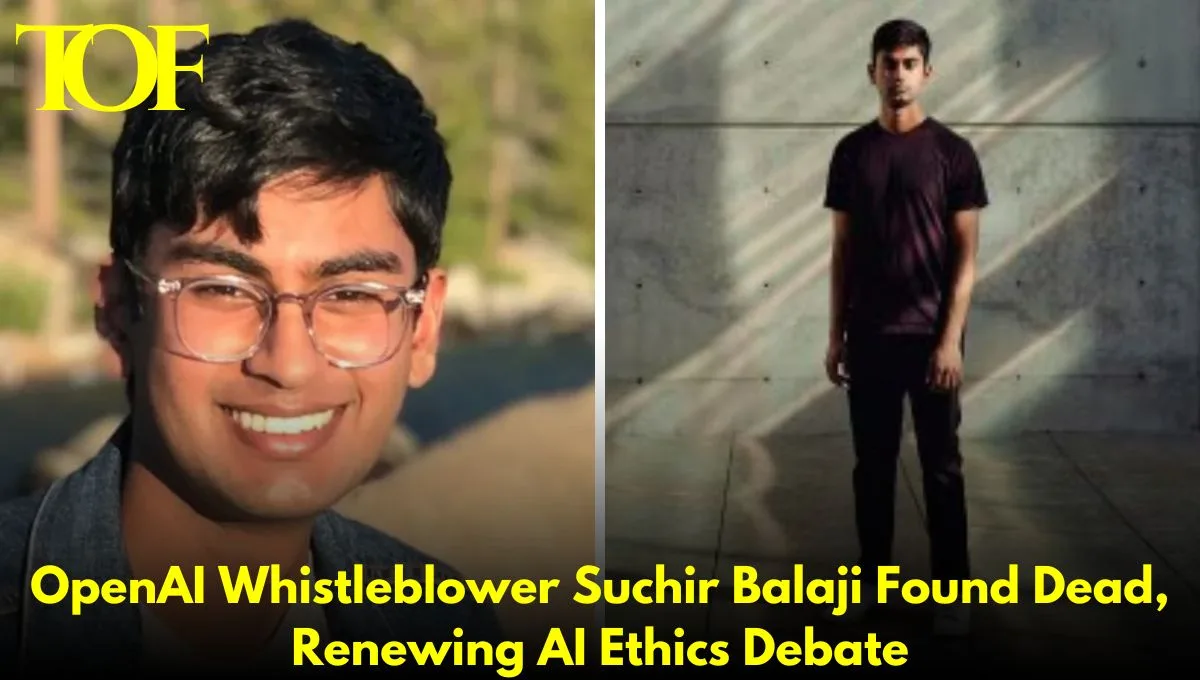Another development in the ethics of generative AI came when Suchir Balaji, 26 years and former OpenAI researcher became a prominent whistleblower, after which it was reported that he is no longer in this world. San Francisco authorities state they found Suchir Balaji in his apartment on November 26, and he killed himself, with no other evidence of foul play according to the San Francisco Police Department.
Suchir Balaji, who played a significant role in the development of OpenAI’s ChatGPT, left the company in August after publicly accusing it of violating copyright laws. His work involved organizing vast amounts of internet data to train AI models. However, his perspective shifted as he grew concerned about the legal and ethical implications of using copyrighted material without consent.
In October, Suchir Balaji published a blog post questioning if generative AI products, such as ChatGPT, were adhering to the “fair use” laws. Such systems may produce content that competes with the original material they are trained on; this undermines the foundational legal defenses of AI companies. He became central to multiple lawsuits against OpenAI and his business practices.
The death of Suchir Balaji has highlighted his warnings regarding the handling of copyrighted data by the AI industry and its broader implications on creators. Several people in the tech community, including former colleagues, have urged that the practices of AI be put under greater scrutiny and regulated more effectively.
As the AI field advances rapidly, Suchir Balaji’s legacy underlines the necessity for ethical responsibility and transparency in the development of technology. His insights continue to be central as the debate regarding the balance between innovation and the rights of content creators and the public rages on.
If you or someone you know is in crisis, help is available 24/7 through the Suicide & Crisis Lifeline by calling or texting 988 or by visiting 988lifeline.org.
To Read More: Technology

